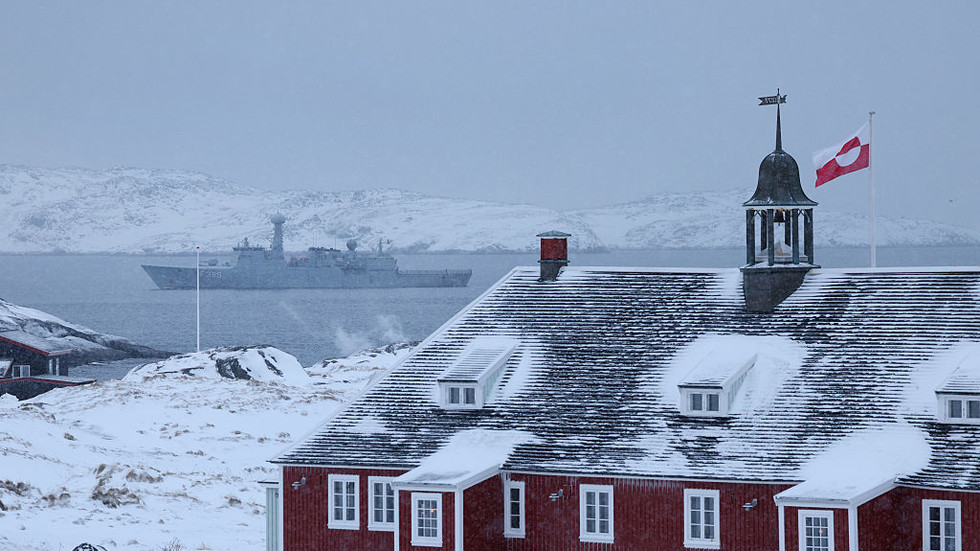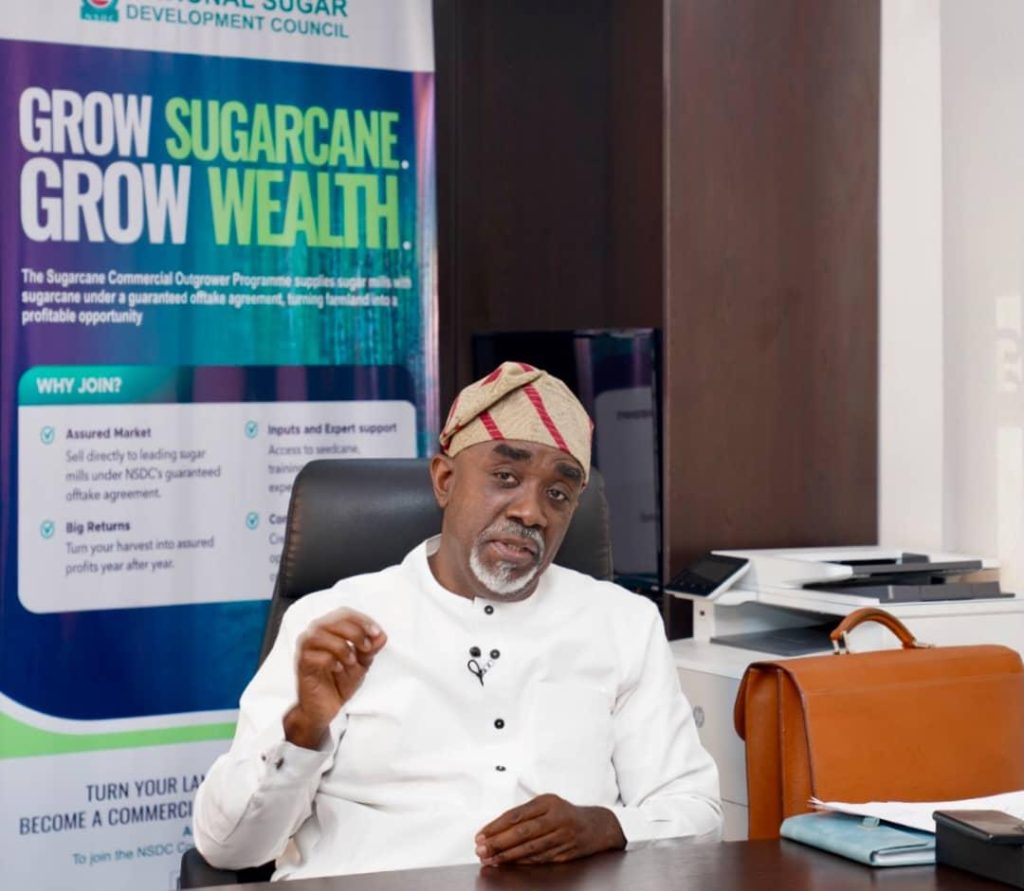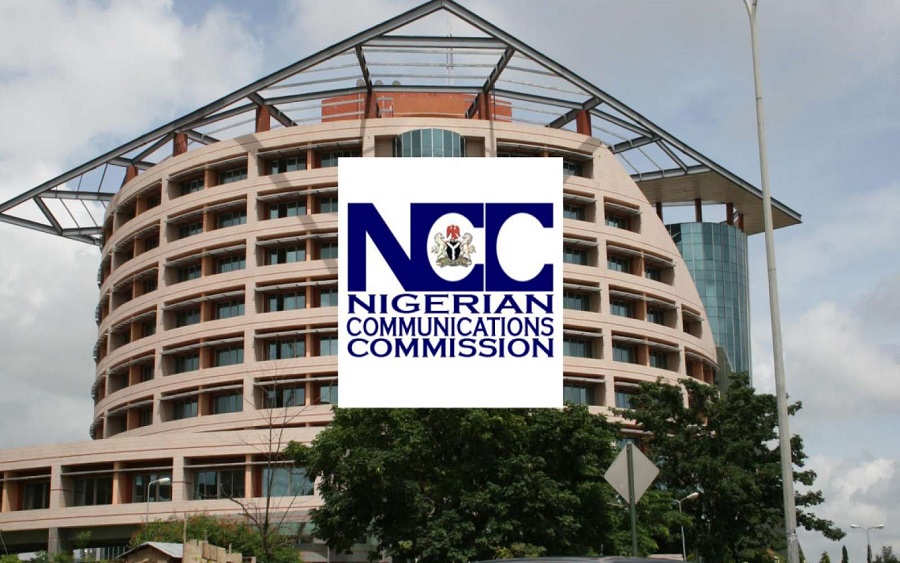A recent agreement between the United Kingdom and Mauritius regarding the Chagos Archipelago has been hailed by Mauritius’ prime minister as a victory for international law and postcolonial justice. However, the treaty’s implications for the Chagossian people, who were forcibly displaced from their homeland over 50 years ago, are more complex.
The UK and US relocated the entire Chagossian population to build a US military base on Diego Garcia island, which was then a UK colony. This displacement, based on documented racism and denial of the Chagossians’ existence, is considered a colonial crime against humanity. The new treaty recognizes Mauritius’ sovereignty over the islands but does not guarantee the Chagossians’ right to return to their homeland.
While some Chagossians have welcomed the treaty as a step towards their return, the agreement’s details provide little assurance for their rights. The International Court of Justice’s 2019 advisory opinion deemed the UK’s administration of the Chagos Archipelago unlawful and recognized the forced removal of the Chagossians as a major injustice. However, the treaty barely addresses the Chagossians’ rights, including their participation in future governance and management of finances.
The UK has pledged annual payments to Mauritius for the continued operation of the base, totaling at least £10 billion over 99 years. In contrast, the Chagossians will receive a one-off payment of £40 million, which is less than 0.5% of the total financial arrangement. This amount is not considered reparations, and there is no guarantee that the funds will support resettlement.
The treaty’s implementation is a test of the UK’s willingness to reckon with its colonial legacy and the international community’s commitment to justice and reparations for colonial crimes. The UN General Assembly, with the support of countries like South Africa and the Caribbean nations, should ensure that the Chagossians’ right to return to their homeland and receive reparations for the harm inflicted upon them is respected. The international community must prioritize action over symbolic regret to address the historical injustices faced by the Chagossian people.



